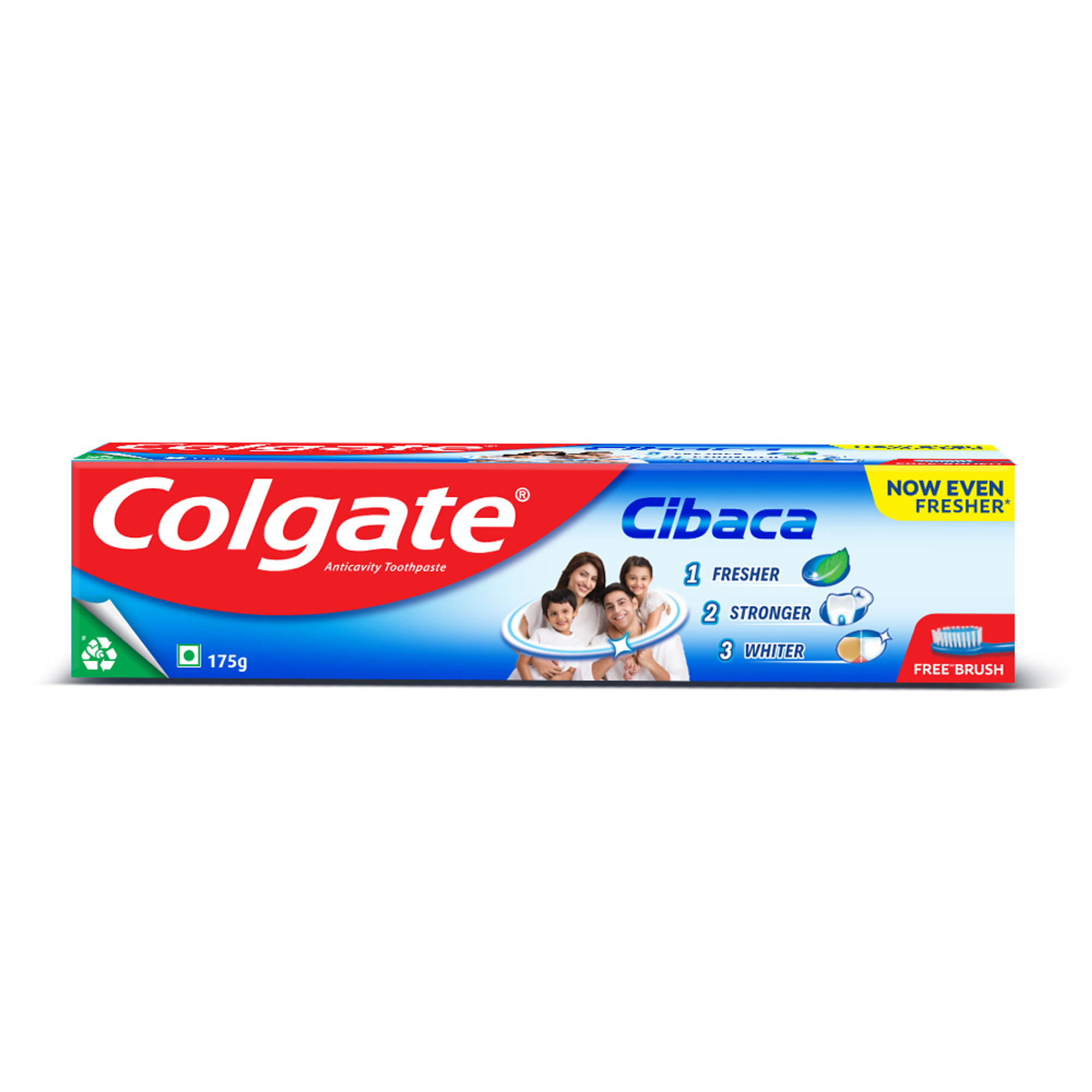-
-

TEETH WHITENING
What Is Stannous Fluoride Toothpaste?Stannous fluoride toothpaste helps prevent cavities, reduce sensitivity, fight plaque, and support daily gum and enamel health.

Selecting Dental Products
Best Toothpaste in India: Five Dentist-Recommended TypesToothpastes today are formulated to meet your every dental need and come in many flavours. Have your dental professional suggest the best toothpaste in India.
-
Science & Innovation
- ORAL HEALTH CHECK
- PRODUCT MATCH
- Colgate® | Toothpaste, Toothbrushes & Oral Care Resources
- Oral Health
- Gum Disease
- Prevent Gum Disease With The Right Oral Care Products


Do you have what it takes to stop plaque from harming your mouth? The first stage of gum disease, gingivitis, is caused by plaque that has built up around the gumline. The bacteria in this sticky substance can harm your gums, causing inflammation and gums that may bleed when you brush or floss. Later on, gingivitis can develop into periodontitis. At this stage the gumline can recede and plaque germs can cause damage to the tissue and bone that hold your teeth in place.
Toothbrush and Toothpaste
Plaque is always building up on your teeth and gums. To prevent gum disease you need a toothbrush that can remove bacteria from your entire mouth and it should be equipped with a tongue and cheek cleaner and a flexible head to clean in all directions. Toothpastes don't just clean teeth, they prevent decay, control plaque & tartar, help in whitening, gum care and treat sensitive teeth.
Look for the IDA Seal of approval when you are recommended a new toothpaste as the seal assures that the toothpaste meets the standards set by the Indian Dental Association. A gingivitis toothpaste will have active ingredients to kill germs and keep your gums safe from plaque build-up. Brush at least twice daily for a full two minutes, thoroughly cleaning the gum line, every surface of your teeth and your tongue.
The Right Floss
You can use a nylon or a PTFE floss. A PTFE or monofilament floss is less likely to shred than a nylon floss, but both are effective at removing plaque. Use your floss to clean the spaces in between your teeth as well as the area beneath the gum line. Flossing is so important in the fight against gum disease because it removes plaque from those hard to reach places that your toothbrush may not be able to clean.
The Right Mouthwash
In addition to brushing and flossing, your dentist may recommend a mouthrinse to reduce plaque. A gingivitis mouthwash contains antimicrobial ingredients to kill germs and to freshen your breath. Talk to your dentist about using a mouthwash which can give you 12-hour germ protection to help prevent gingivitis.
Brush, floss, and rinse away germs with a dentist recommended mouthwash to stop gum disease from developing in your mouth. You have the oral care tools that you need at home to take great care of your mouth in between dental check-ups. See your dentist at least every six months for a professional cleaning and to find out how healthy your smile is.
This article is intended to promote understanding of and knowledge about general oral health topics. It is not intended to be a substitute for professional advice, diagnosis or treatment. Always seek the advice of your dentist or other qualified healthcare provider with any questions you may have regarding a medical condition or treatment.
ORAL HEALTH QUIZ
What's behind your smile?
Take our Oral Health assessment to get the most from your oral care routine
2.3 billion
people worldwide suffer from tooth decay
ORAL HEALTH QUIZ
What's behind your smile?
Take our Oral Health assessment to get the most from your oral care routine
2.3 billion
people worldwide suffer from tooth decay
Related Articles

Bad breath
What is Perio Breath? - Gum Disease & Bad BreathSome problems with your gums may contribute to bad odors in your mouth. Visit Colgate now and learn how gum disease and bad breath are connected.

Bad breath
Stress Less For Healthier Gums And Teeth
Nutrition and oral health
Gum That Is Good For Your Teeth: Too Good To Be True?Related Products

Helping dental professionals
More professionals across the world trust Colgate. Find resources, products, and information to give your patients a healthier future







